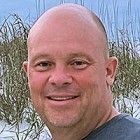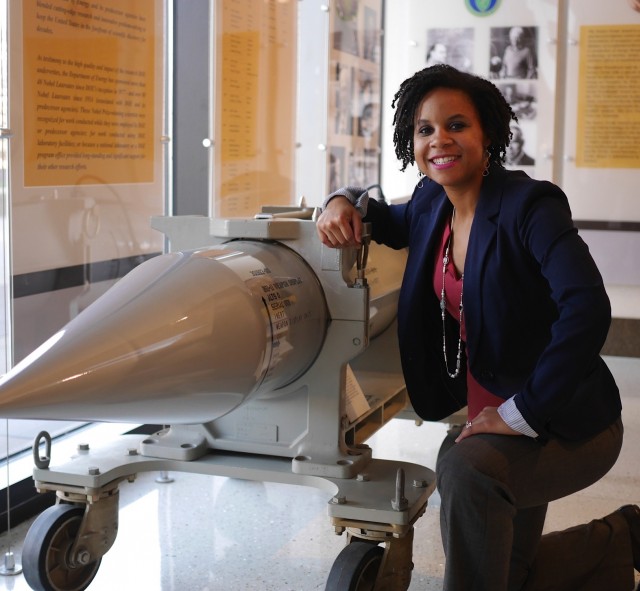Springfield, Ohio – When Wendell Lutz learned that he had been selected to receive an Edith H. Quimby Lifetime Achievement Award in Medical Physics, he immediately reflected on the many people who paved the way for a distinguished career in the field, including the professors who taught him so much at Wittenberg University.
Lutz, who earned his bachelor’s degree in physics from Wittenberg in 1966, is one of three leaders in the field of medical physics who will receive the Quimby Award at a ceremony during the annual American Association of Physicists in Medicine (AAPM) conference on Aug. 1 in Washington, DC.
“Being recognized by my peers in the medical physics profession with the Edith H. Quimby Award is an honor and a truly humbling experience,” said Lutz, who has served on Wittenberg’s Board of Directors since 2011. “Any small contributions I may have made to the field are the result of mentoring and partnerships with many, many other people.”
Wittenberg isn’t just a college home for Lutz, who grew up in Springfield. His formative years include many lasting childhood memories of the Wittenberg campus, where his father, the late Dr. Arthur Lutz, was a professor of physics for more than 30 years, including a lengthy stint as chair of the department.
Lutz has earned a host of honors and awards in his career. The two from Wittenberg are among his most cherished – Honorary Doctor of Science in 1991 and Alumnus of Distinction in 2002.
“Preparation for my career began in my student days at Wittenberg, with great professors in the sciences and a host of other fields who inspired me to think about new possibilities,” Lutz said. “The process continued for me in graduate school at Purdue and later as a post-doc and faculty member at Harvard Medical School, where people were encouraged to take chances trying new ideas that might help patients.”
The Edith H. Quimby Lifetime Achievement Award in Medical Physics recognizes AAPM members who have made significant scientific achievements in medical physics, have had a significant influence on the professional development of the career of other medical physicists, or have contributed leadership in national or international organizations.
Lutz’s professional career has been diverse. Early on, he taught physics at Pahlavi University in Shiraz, Iran, and at the Coast Guard Academy in New London, Conn. After that, he entered a post-doctoral medical physics training program at Harvard Medical School. Lutz went on to hold faculty positions at Harvard Medical School, the University of Arizona and Memorial Sloan Kettering Cancer Center in New York City.







